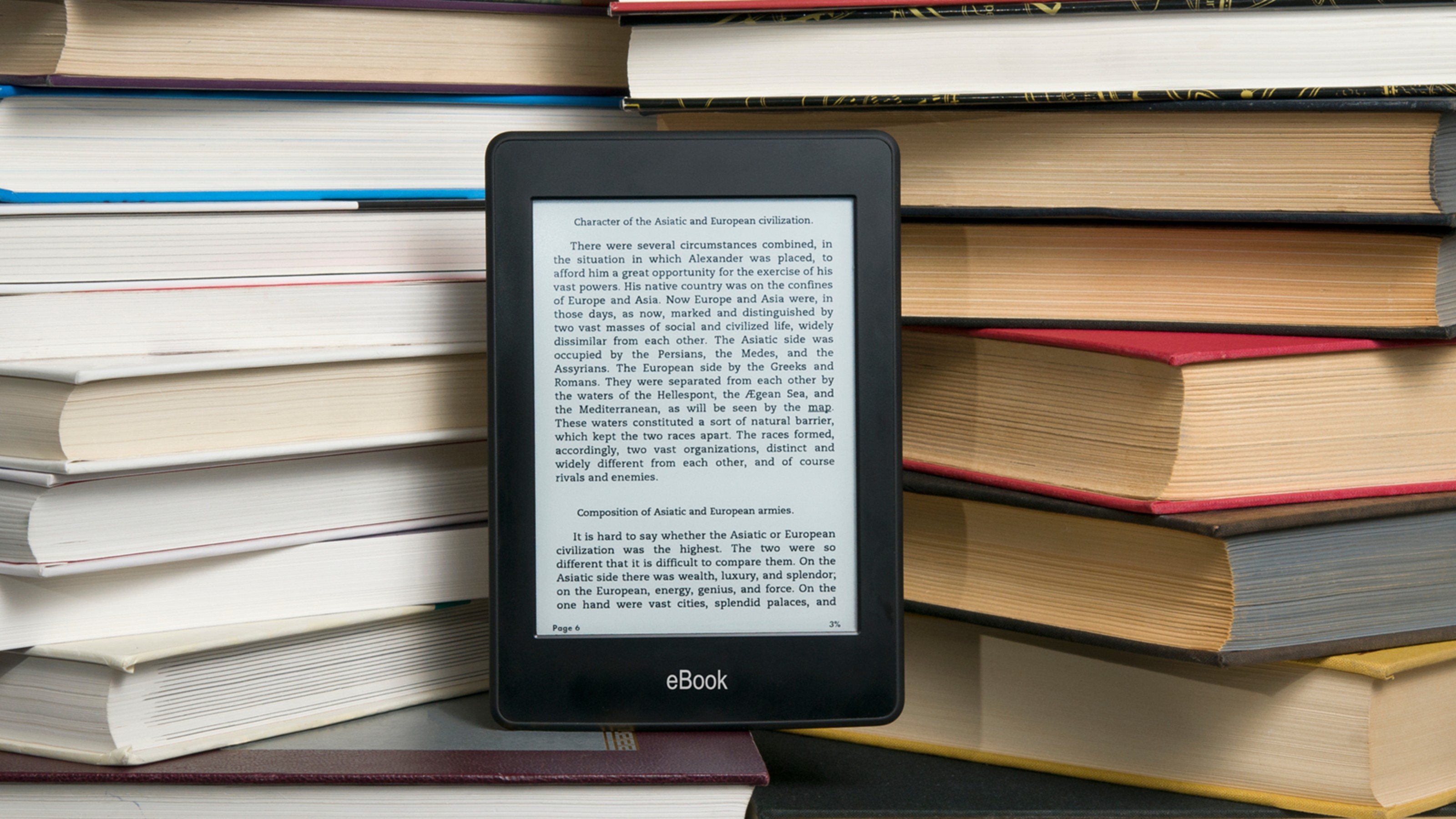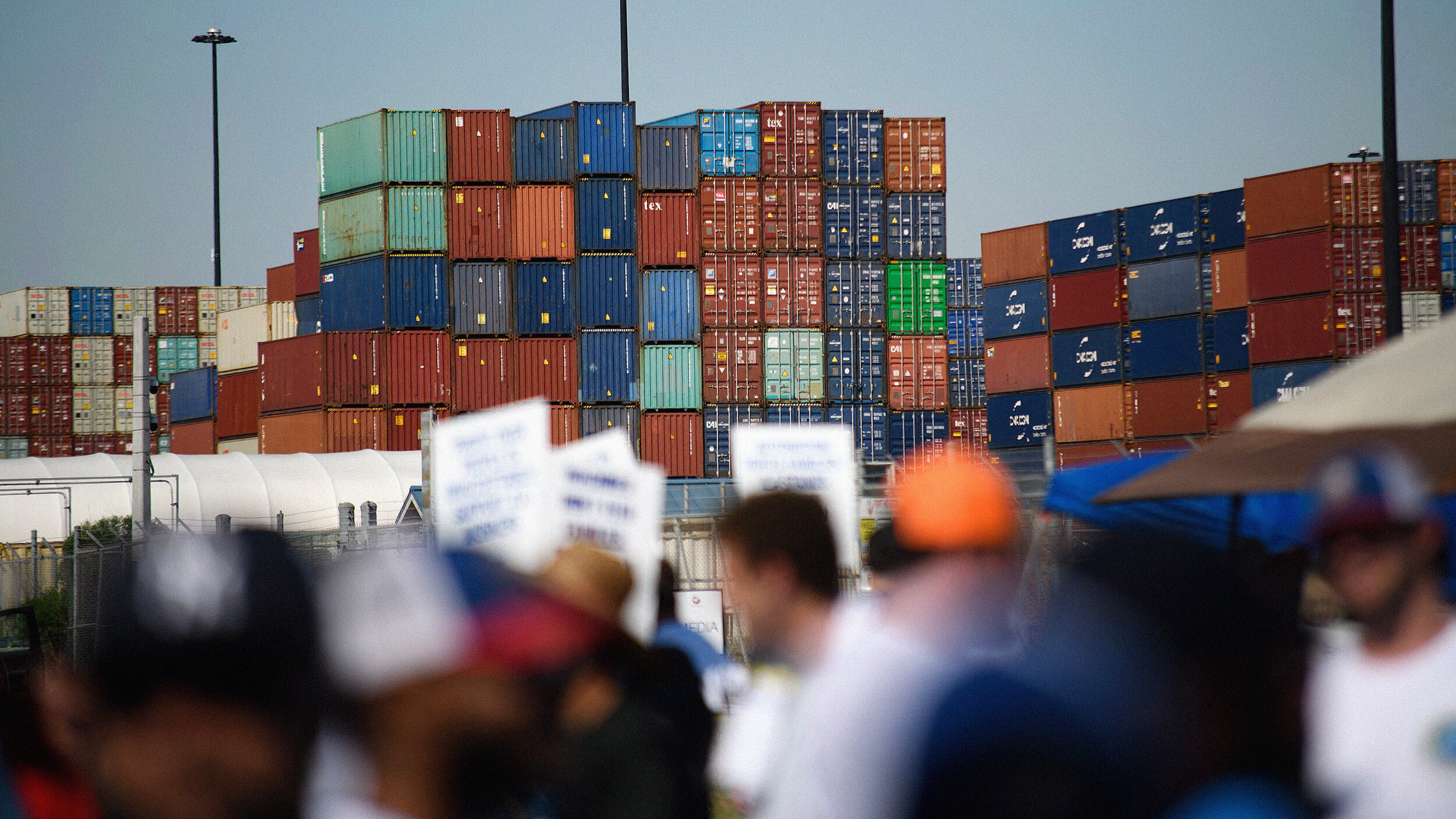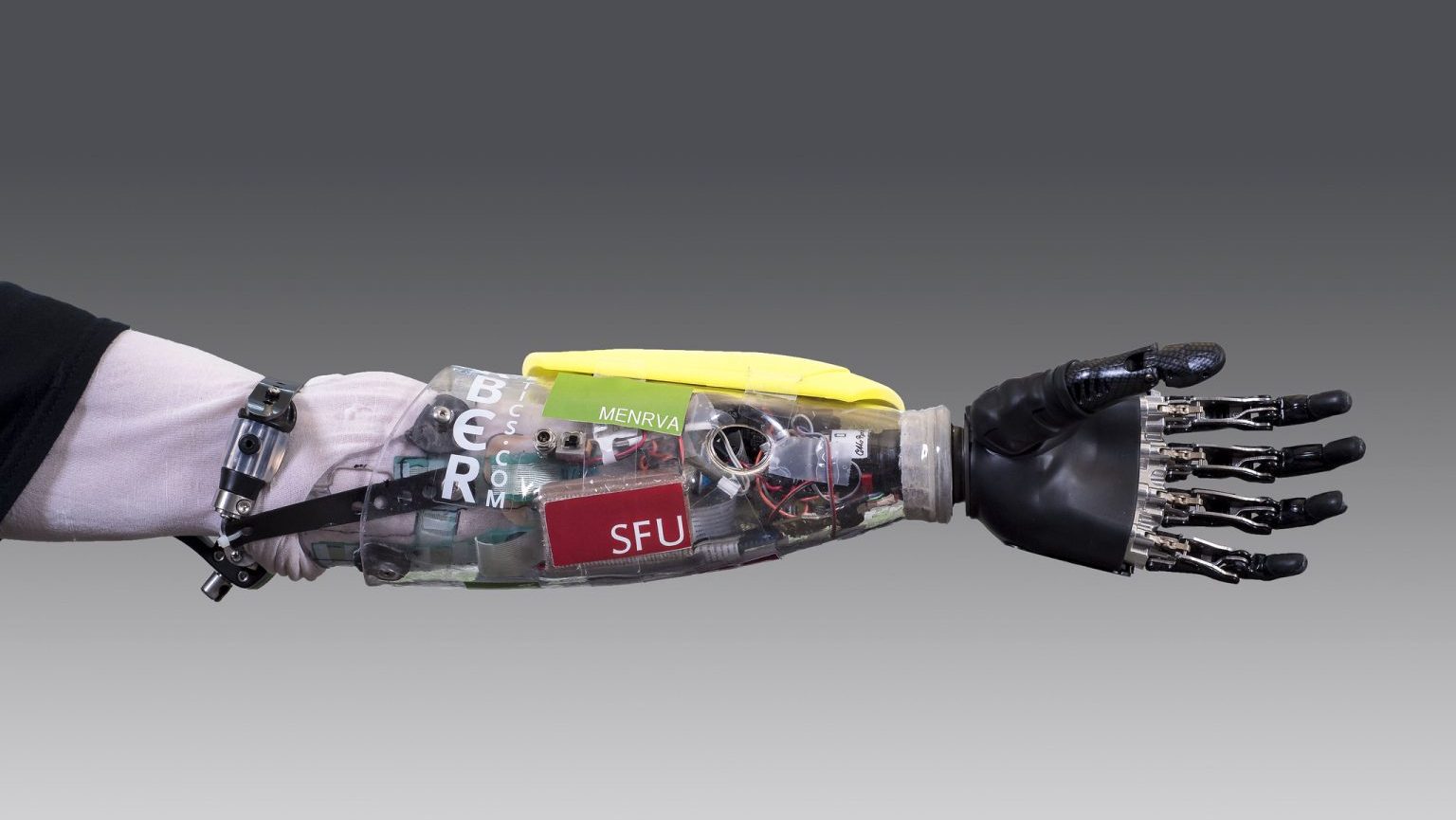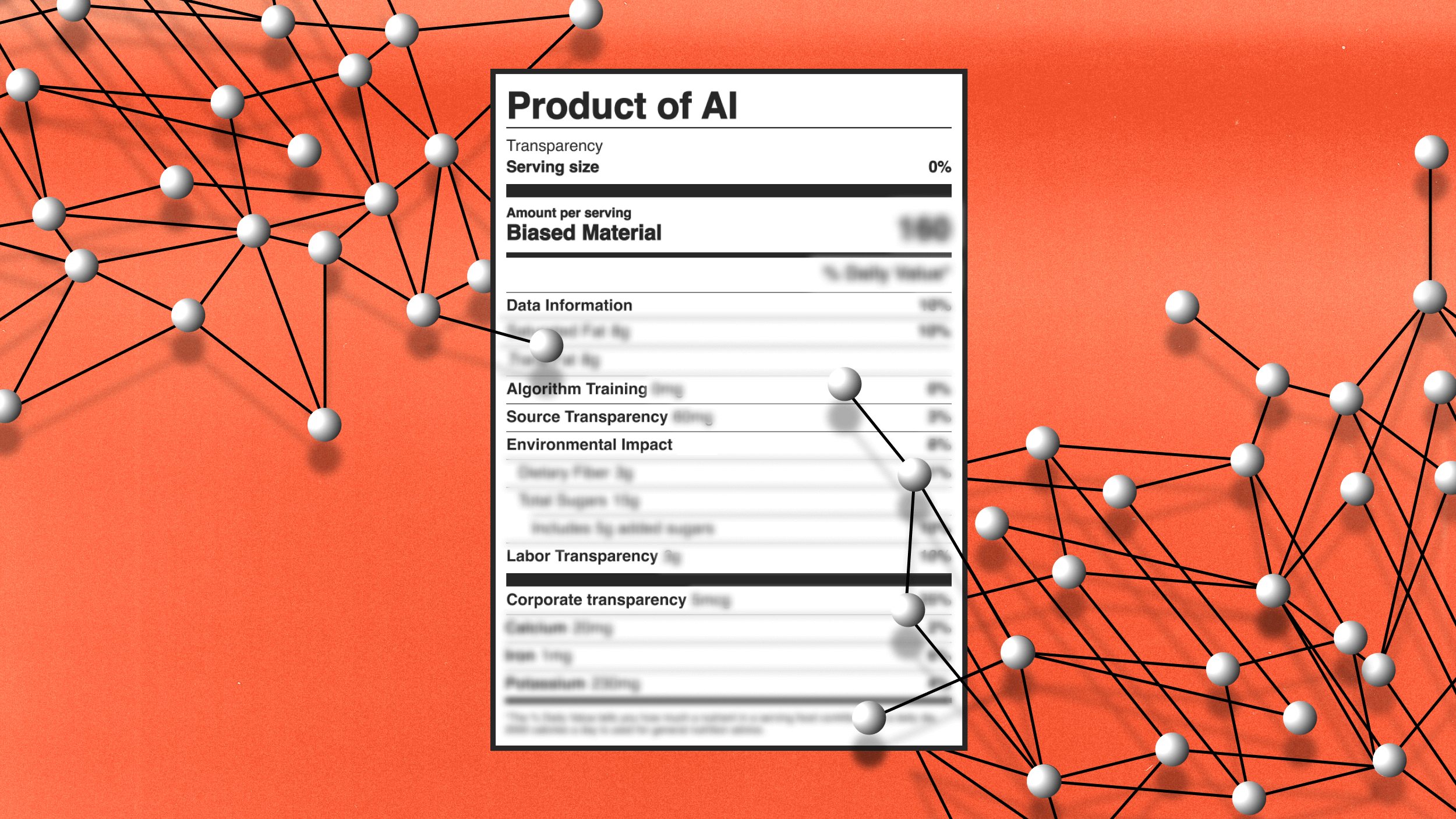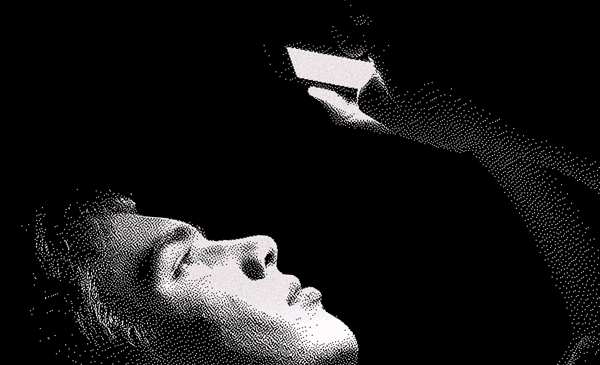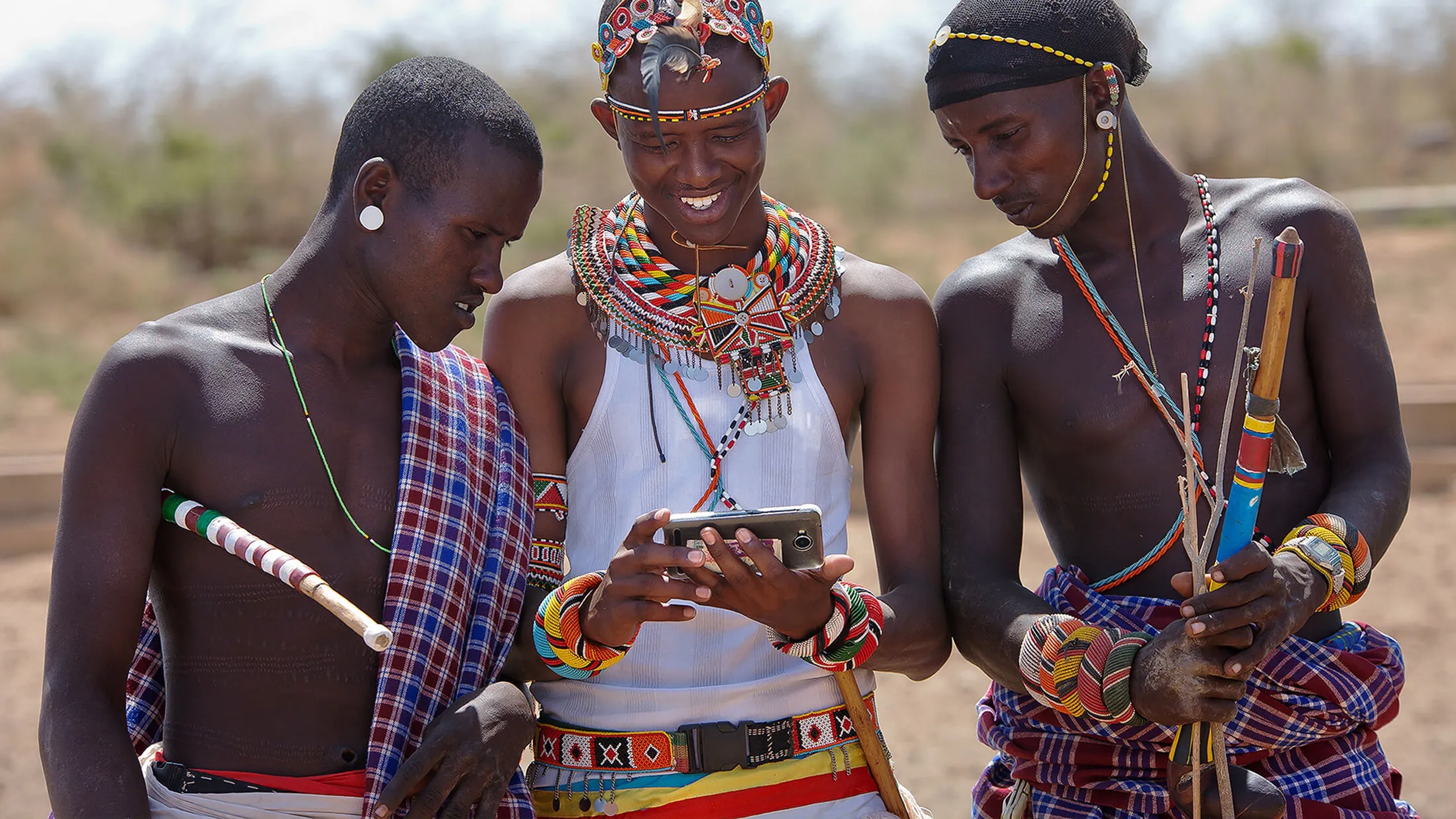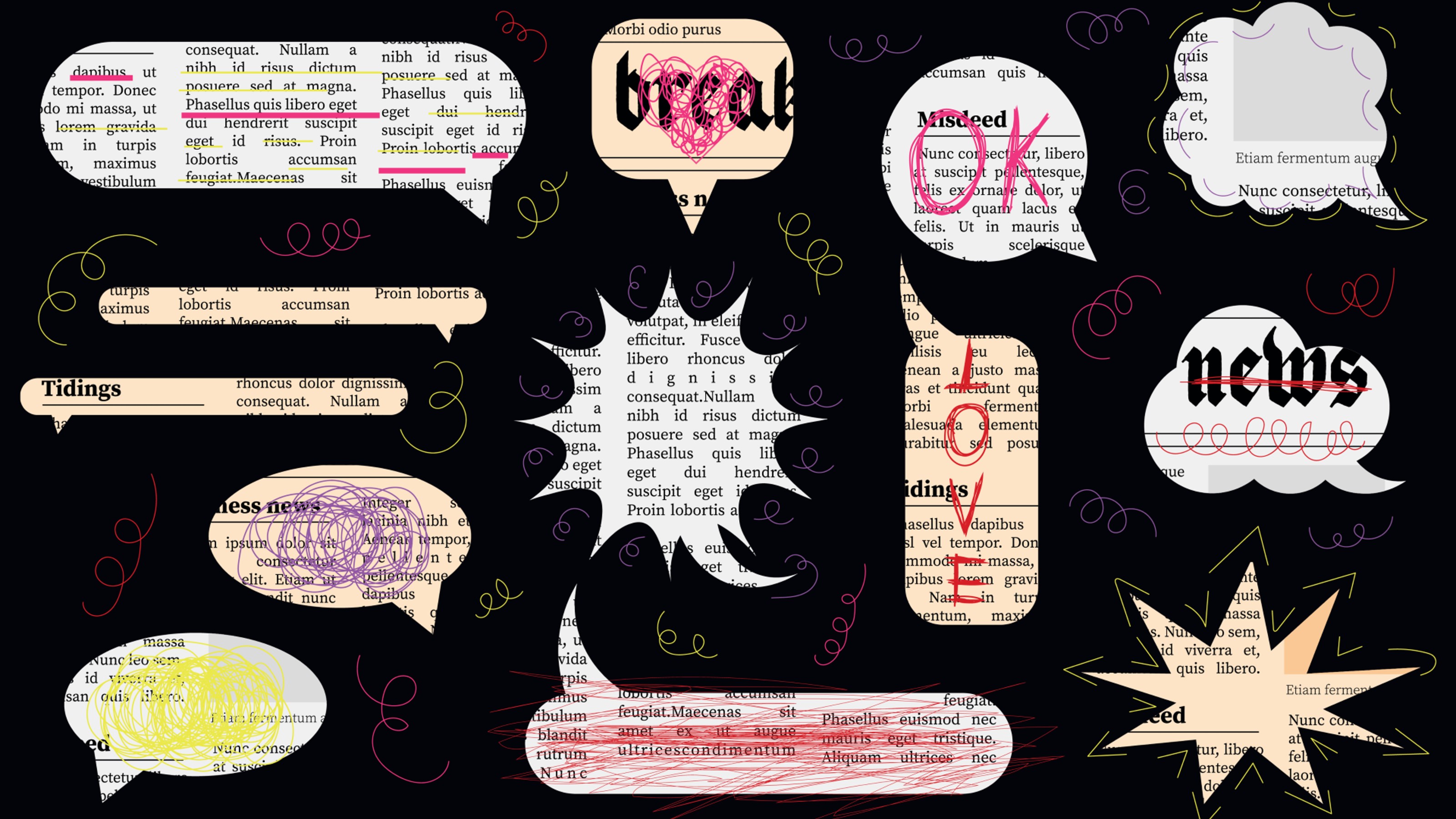Current Events
MAPS founder Rick Doblin speaks to Big Think about the FDA’s rejection of MDMA therapy and the future of psychedelic treatments.
An evidence-based policy movement is arming the fight with tools and programs that are more effective than ever before.
The cognitive scientist argues the current AI environment is failing us as consumers and a society. But it’s not too late to change course.
A CDC survey suggests America’s obesity rate may be falling.
“Personhood” credentials could cleanse the internet of bots — but are the costs worth it?
The nonprofit made a bold gamble on the limits of “fair use” — and federal courts have not backed their play.
Both nations made missteps, but China still has a chance to make up lost ground.
They’re in our brains, hearts, and blood — but what are they doing to us?
On November 25, U.N. members will meet in South Korea to cap off a series of meetings aiming to reduce global plastic pollution.
While we’re busy wondering whether machines will ever become conscious, we rarely stop to ask: What happens to us?
Off-the-shelf consumer technology is helping people pursue their interests — and advancing science at the same time.
Astronomer Adam Frank asks: With so many extraordinary claims, why can’t anybody produce the proof?
“The evolution of digital media makes stricter regulation of online behavior not only feasible but inevitable,” writes media ecologist Andrey Mir.
In partisan political times, recognizing the scientific truth is more important than ever. Scientists must be vocal and clear about reality.
The cat-and-mouse game between China and the world’s semiconductor companies is already having enormous consequences.
A prolonged strike could cost the economy between $500 million to $4.5 billion per day.
In the international competition, people with physical disabilities put state-of-the-art devices to the test as they race to complete the tasks of everyday life.
A deep dive into missing data and the limitations of disaster databases.
The electoral reform also known as instant-runoff voting promises bridge-building and broad appeal instead of culture war and gridlock.
It’s a problem on both sides of the political divide.
Cecilie Fjellhøy, from the Netflix documentary The Tinder Swindler, shares her experience.
AI has become a black box in more ways than one.
“We’re acting more like fans of a football team going to a game than a banker carefully choosing investments.”
The digital world will always entail risks for teens, but that doesn’t mean parents aren’t without recourse.
Absence makes the heart (and public opinion) grow fonder.
What are we supposed to do when experts look at the same data yet reach starkly different conclusions?
More accurate uncertainty estimates could help users decide about how and when to use machine-learning models in the real world.
And, more importantly, what’s being done to get them online?
Researchers are working nest by nest to limit the threat while developing better eradication methods.
In “Not Born Yesterday,” author and cognitive scientist Hugo Mercier makes the case that misinformation is overrated — and other human foibles are underrated.





